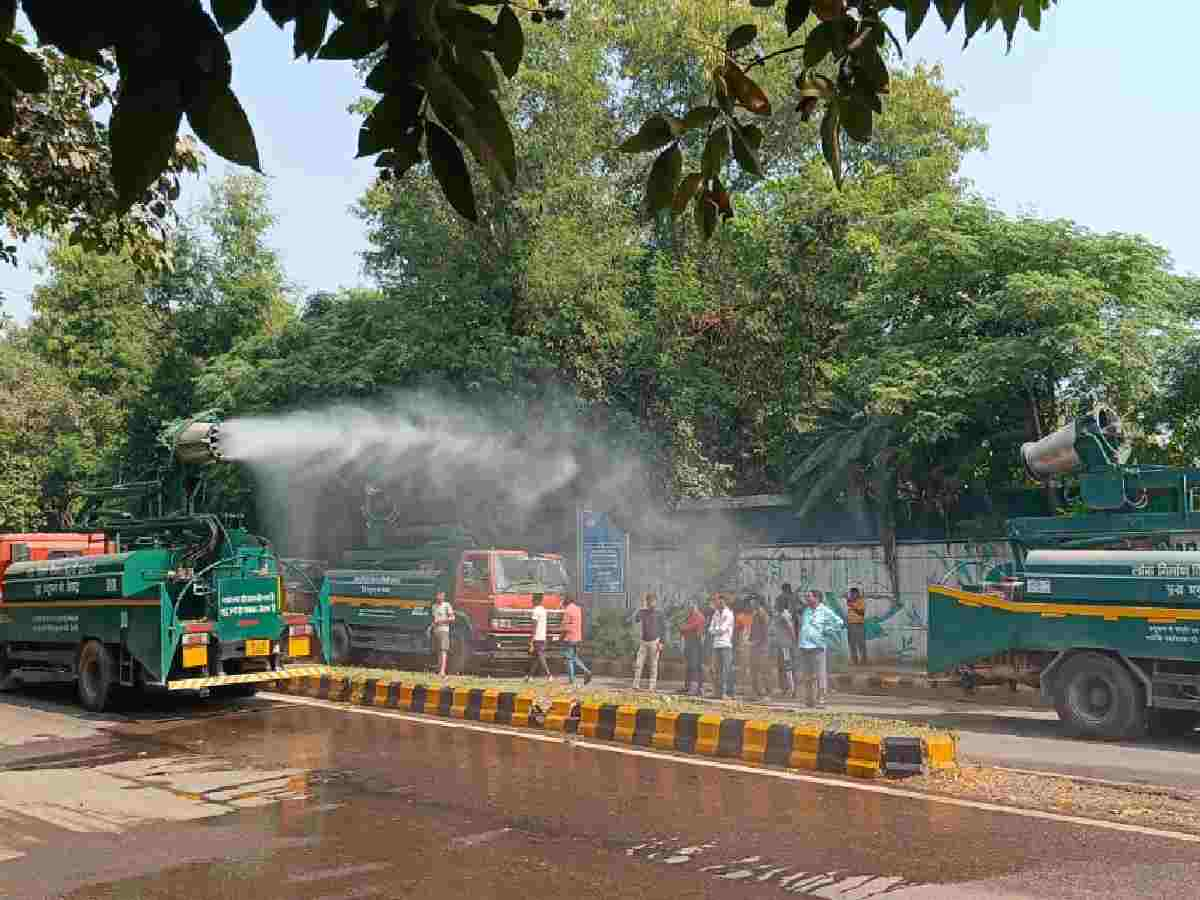
New Delhi: After experiencing two days of moderate air quality, the air quality in the national capital has deteriorated again, falling into the ‘poor’ category. The Central Pollution Control Board (CPCB) reported that the Air Quality Index (AQI) was recorded at 242 at 6 am on Monday.
While the AQI fluctuates, the weather is also changing, with rising temperatures indicating the gradual end of the cold season. On Sunday, the maximum temperature reached 23.7 degrees Celsius, which is 1.6 degrees Celsius above the average for this time of year.
The India Meteorological Department (IMD) noted a slight decrease of up to 1 degree Celsius in minimum temperatures across Delhi and the NCR over the past 24 hours. Despite the increase in daytime temperatures, mornings and nights still feel cool, reflecting the lingering winter effects.
Pollution levels remain high across various parts of Delhi, with areas like Bawana (298), Jahangirpuri (297), and Rohini (284) reporting significant AQI levels. Other regions, including Wazirpur, Vivek Vihar, and Ashok Vihar, are also experiencing ‘poor’ air quality, worsening the city’s pollution issues.
According to the IMD’s forecast, the day will feature clear skies, although light mist is expected in the morning. No specific weather alerts have been issued, but the transition from winter to milder conditions is evident, with daytime highs ranging from 21 to 24 degrees Celsius and nighttime lows between 7 and 8 degrees Celsius.
In the coming days, the cold spell is expected to diminish gradually, but air quality will continue to be a significant concern for the city.
